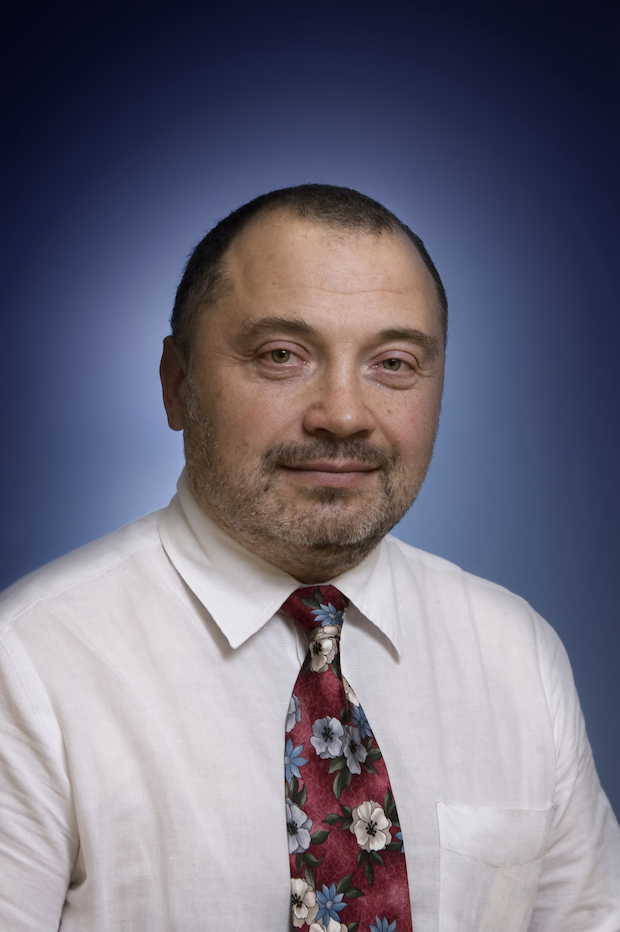Moscow-Based Professor Skypes with MIR Fellows

Nikolay Petrov, professor and head of the Laboratory of Methodology of Regional Development Evaluation at the Higher School of Economics, Moscow, joined MIR fellows via Skype for an engaging two-part discussion on the current state of the Russian political elite.
Petrov began his lecture by prefacing that the current model, in which a small number of “elites” hold a substantial amount of political influence within the Kremlin, has its roots in the Soviet system of nomenklatura. And yet, it is a bureaucratic system that is at odds with the current model’s other major influence: the rise of the individual “personality” figure within Russian society.
Petrov then dissected the many rings of Putin’s inner circle in terms of power, access and political influence. From old KGB connections and influential citizens of Putin’s hometown of St. Petersburg to current business partners and the members of the nighttime hockey league, Putin’s “elites” are comprised of a diverse group who act in terms of their own self-interests and not as a unified political body.
Petrov also noted that Russia’s political elite are aging, and in the post-Soviet era the absence of youth-centric, societal organizations focused on the development of civic skills has resulted in a generational rift, in which the old guard views the next generation as unprepared to assume political power. In addition, the new generation is more conservative and more likely to look favorably on a return to old Soviet institutions that may threaten the further development of Democracy in Russia.
MIR fellows had many questions for Petrov concerning the current state of democratic elections within Russia and the effect of the system of elites on the electoral process. Unfortunately, Petrov noted that within the current political system, he does not see that it is possible for an ordinary Russian citizen to successfully enter into politics.
